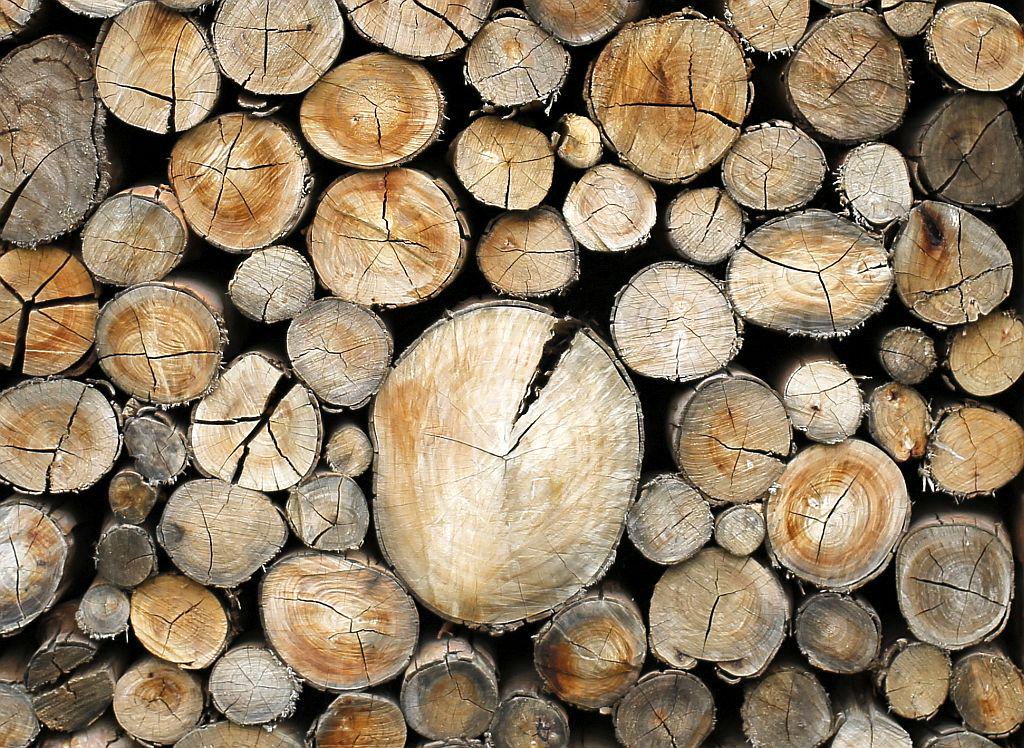Branko Meh, president of the Chamber of Trade Crafts and Small Business (OZS), in which sawmill operators have their own section, said at a press conference that they do not oppose the arrival of foreign investors, but they do stand for the limitation of round wood exports. "We are against a mega big saw mill, processing 300,000 cubic metres of wood per year," stressed Meh.
The new investor, who will be presented to the public on Tuesday, is announcing 170 new jobs. But Meh suggests that its arrival could eliminate more than 1,000 jobs in small sawmills, which even now do not operate at full capacity. The concentration of sawmilling into two or three big centres would destroy the smaller operators, who are dispersed across the country.
The new sawmill of the Scottish investor will be able to process around 300,000 cubic metres of wood per year. The company has applied for a state's subsidy, which could amount to between 15% and 20% of eligible costs.
"Given the fact that round wood is one of our national raw materials, we are disappointed that foreigners will become number one in the wood processing chain. It is unacceptable that our politicians allow this," said Meh, who is convinced that Slovenia needs a Ministry of small businesses.
The majority of unprocessed round wood already goes to Italy and Austria. But, sawing it ourselves would result in between 1,000 and 1,500 new jobs in the sawmilling industry. Furthermore, the wood industry could employ far more people if we processed it appropriately and sold it on the global market, said Marko Kajzer, president of the wood section at OZS. Kajzer also thinks that one big centre means much more transport. "This would lead to approximately 100 trucks per day, which is an unnecessary environmental problem," he stressed.
Wood is a strategic raw material
Alojz Selišnik, a sawmiller and member of the sawmilling committee, emphasised the country’s incorrect wood policy and an ignorance of the forestry-wood industry chain. "Politicians do not understand that the wood industry brings benefits to the entire country. Wood is increasingly becoming a strategic resource, as timber growth is limited in Slovenia. Selling Slovene raw materials so cheaply is an incorrect economic policy and should not happen," he said. In the worst scenario, the number of jobs in sawmills could drop from 1,500 to 500.
Selišnik said that we are able to cut down and saw this Slovene resource ourselves, and that the state should be very selective in providing support and concessions to foreigners in the field of the wood industry. That is why Slovene sawmill operators are considering to establish a movement to persuade politicians to not succumb to foreign lobbies and neoliberal attempts of big players.
Sawmills operating below capacity
Marijan Sadek, vice-president of the sawmilling sector, pointed out that, according to the new legislation, the Scots will immediately get 35% of the capacity of Slovene state forests. "Our sawmills are already operating below capacity, they have excess capacity, but we do not get the raw material, as too much is exported," he said. Over the last few years Slovene operators have seen a decrease in the milling of round wood, mostly due to an increase in such exports.


































































